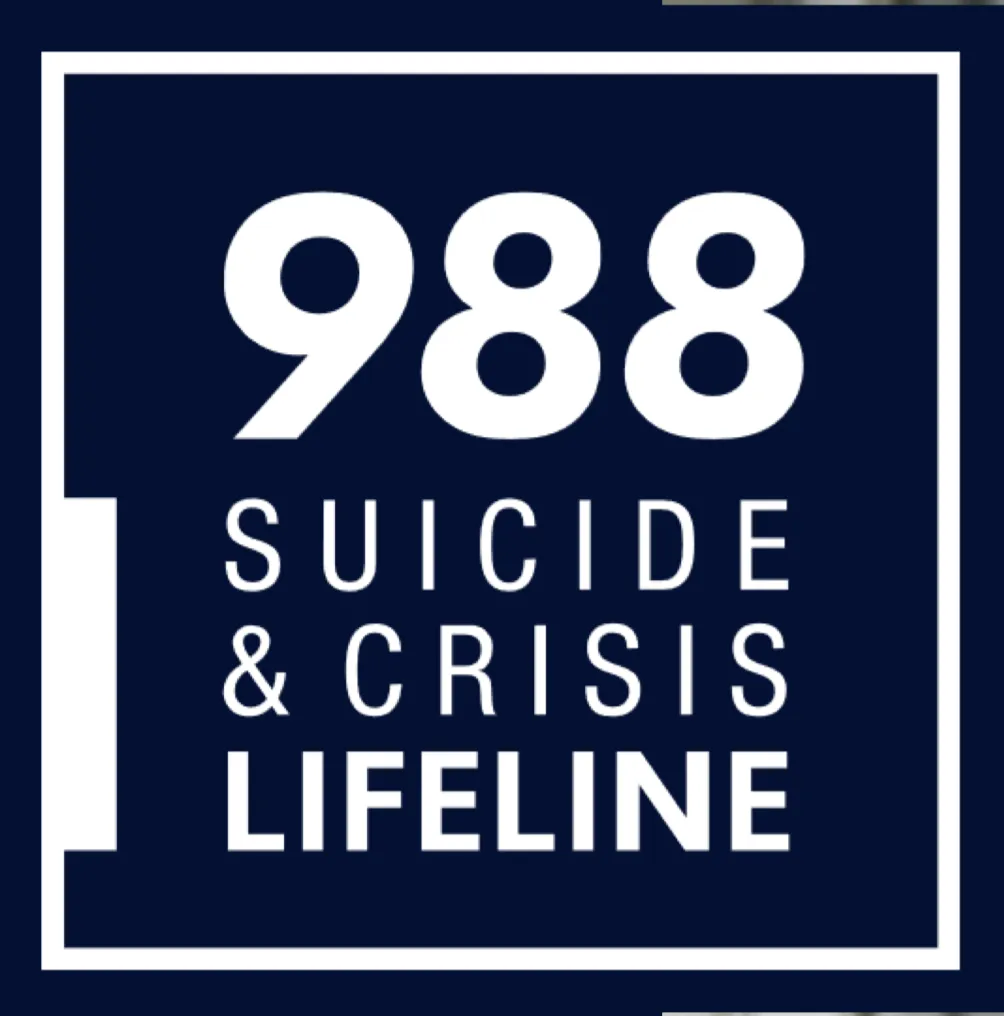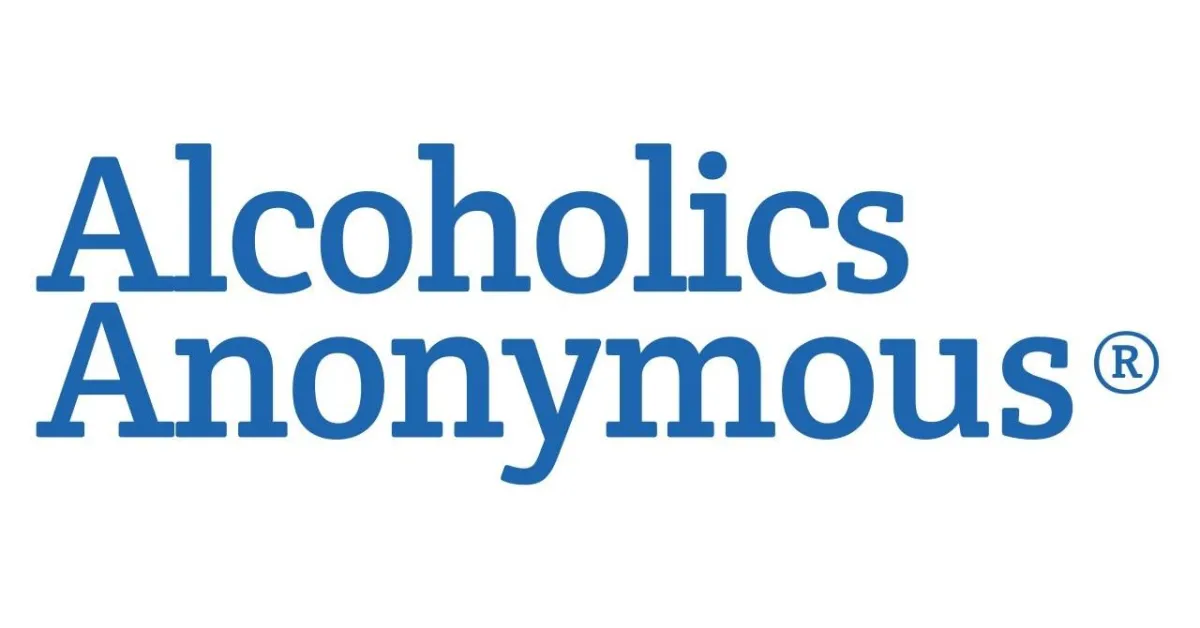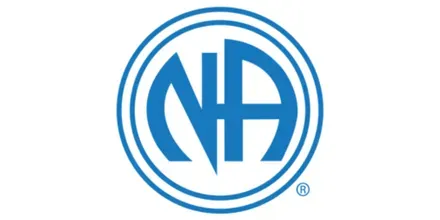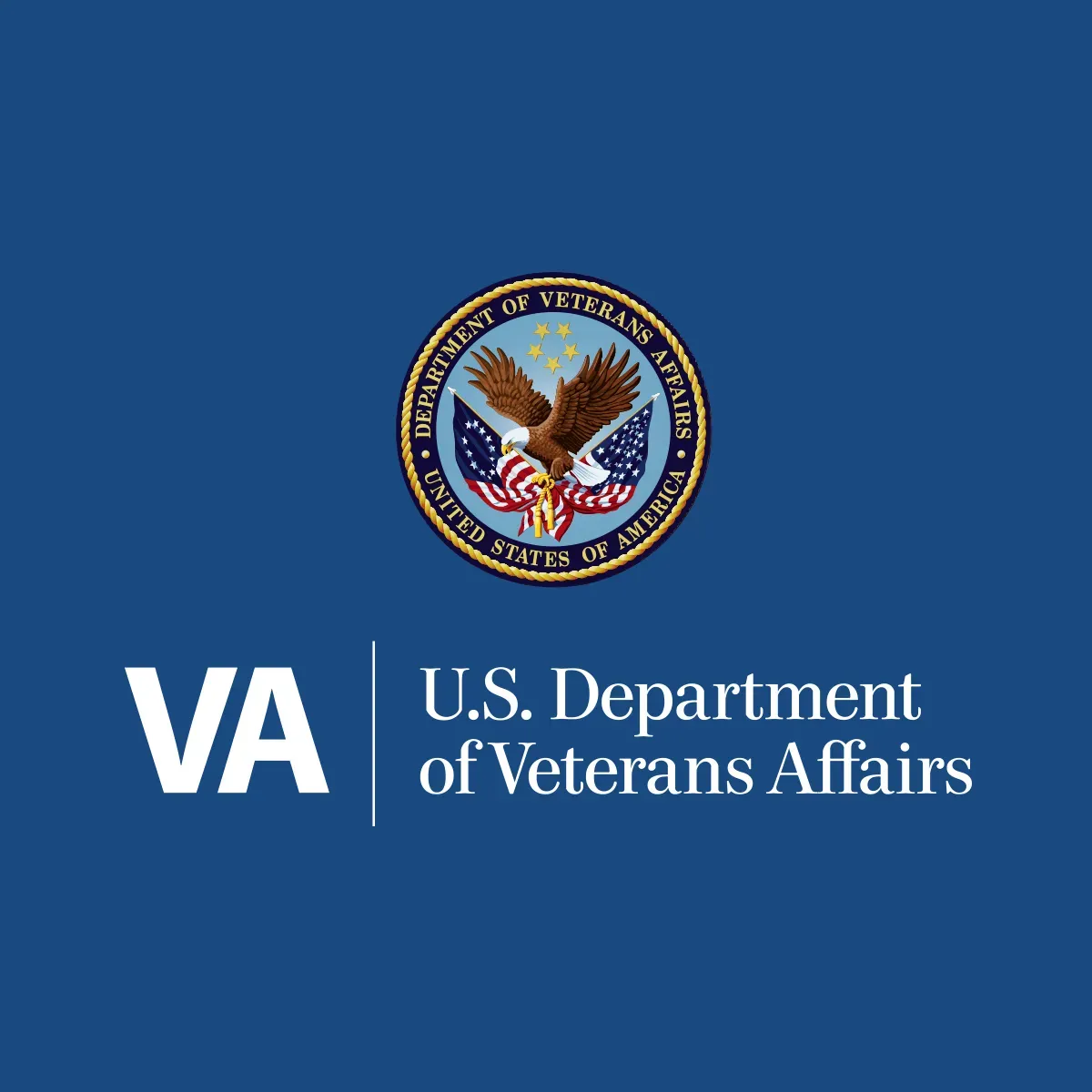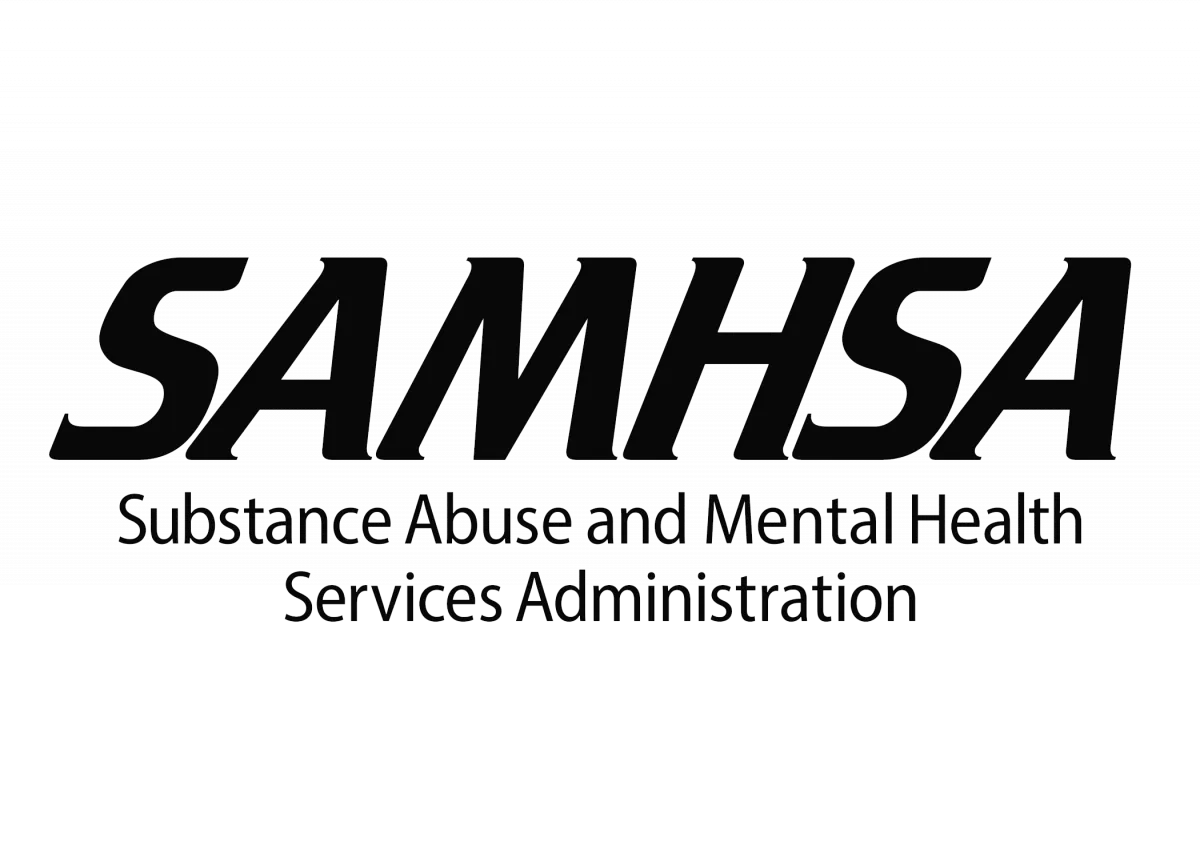FAQS
How does life coaching differ from therapy?
While both life coaching and therapy aim to support personal growth, they have distinct approaches. Therapy typically focuses on addressing past traumas, emotional healing, and diagnosing mental health conditions. On the other hand, life coaching is forward-focused, centered around setting and achieving goals, enhancing performance, and unlocking potential. If you're seeking to overcome specific challenges from your past, therapy might be more suitable. If you're looking to create a roadmap for personal or professional success, life coaching could be the right fit.
How often are coaching sessions conducted?
Coaching sessions frequency can vary based on your needs and preferences. Typically, we recommend starting with weekly sessions to establish momentum and make consistent progress. As you gain confidence and traction towards your goals, sessions might transition to bi-weekly or monthly. The flexibility of our approach ensures that the coaching frequency adapts to your evolving requirements, ensuring optimal support and accountability.
What if I'm unsure about my goals and direction?
It's completely normal to feel uncertain about your goals and direction. Our coaching process begins with an initial assessment where we'll work together to clarify your aspirations, values, and priorities. Through insightful questioning and exploration, we'll collaboratively uncover your passions and potential areas for growth. If you're not entirely sure about your goals, our coaching can help you gain clarity and chart a course that aligns with your authentic self. Remember, the journey towards clarity is an integral part of the coaching process itself.

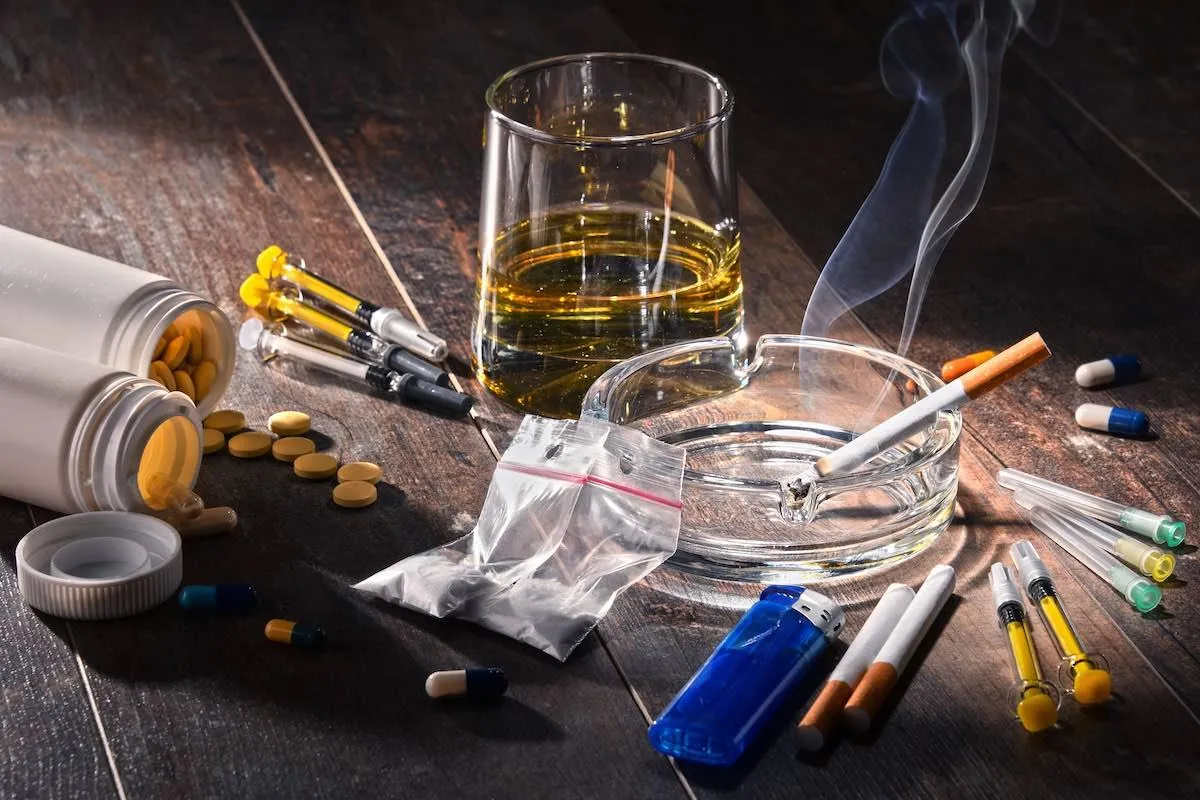
Substance Addiction
Substance addiction is a chronic, relapsing disorder characterized by compulsive drug seeking, continued use despite harmful consequences, and long-lasting changes in the brain. It involves a dependence on a substance that can lead to physical and psychological harm, disrupting an individual's ability to function in daily life. Addiction affects the brain's reward, motivation, and memory systems, leading to an intense focus on using a certain substance, such as alcohol or drugs, to the detriment of personal health, relationships, and responsibilities. Overcoming addiction typically requires comprehensive treatment, including medical intervention, therapy, and support systems.
Symptoms
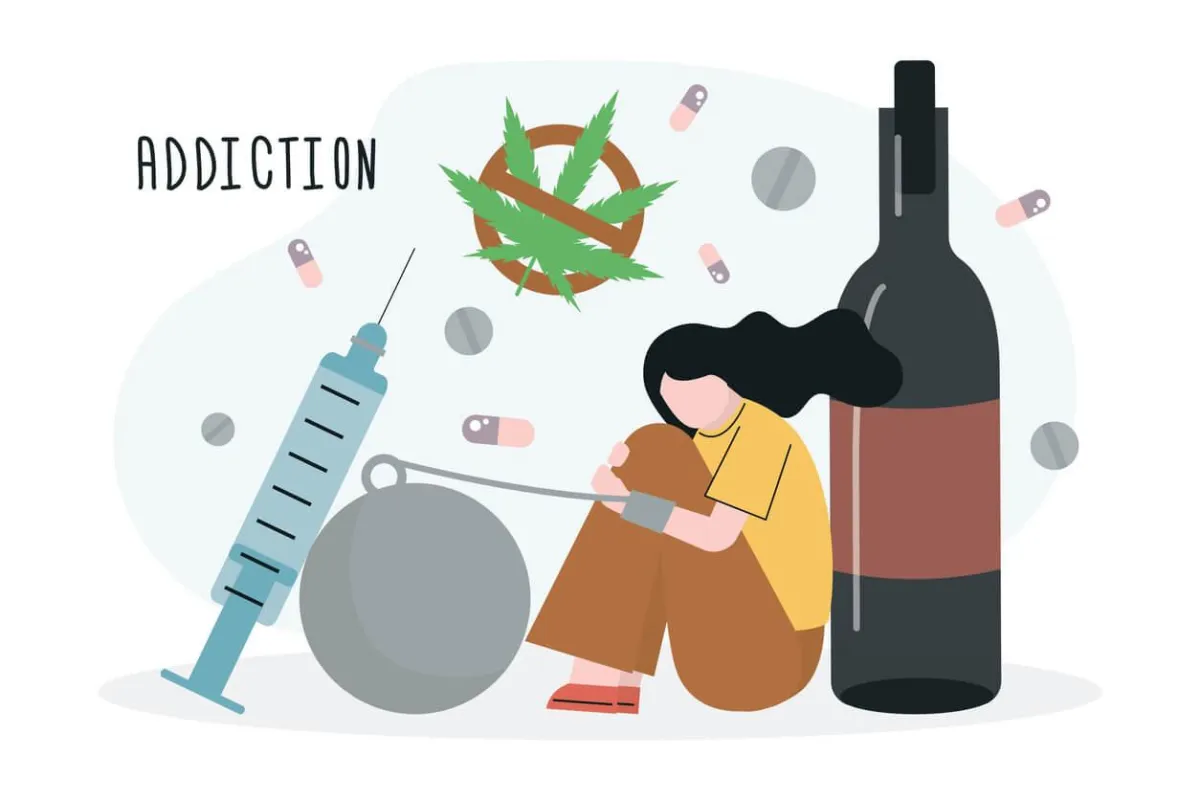
Symptoms of substance addiction can vary depending on the substance and the individual, but common signs include:
1. Cravings: An intense desire or urge to use the substance.
2. Loss of Control: Inability to stop or reduce substance use despite attempts to do so.
3. Tolerance: Needing more of the substance to achieve the same effects.
4. Withdrawal Symptoms: Physical and psychological symptoms that occur when not using the substance, such as anxiety, irritability, nausea, and shaking.
5. Neglecting Responsibilities: Ignoring personal, professional, or social obligations in favor of using the substance.
6. Continued Use Despite Harm: Persisting in substance use despite knowing it causes physical, psychological, or social problems.
7. Isolation: Withdrawing from friends, family, and activities once enjoyed spending more time using the substance.
8. Financial Issues: Spending excessive amounts of money on the substance, often leading to financial problems.
9. Risky Behaviors: Engaging in dangerous activities while under the influence, such as driving or unprotected sex.
10. Changes in Appearance and Health: Noticeable decline in physical health and changes in appearance, such as weight loss, poor hygiene, and unusual sleep patterns.
Recognizing these symptoms can be crucial for early intervention and treatment.
Treatment Options

The best treatment options for substance addiction typically involve a combination of therapies and support systems tailored to the individual's needs. Effective treatments include:
1. Detoxification: Medically supervised withdrawal to manage and alleviate withdrawal symptoms, providing a safe environment for the initial phase of recovery.
2. Behavioral Therapies:
- Cognitive Behavioral Therapy (CBT): Helps individuals recognize and change destructive behaviors and thought patterns related to substance use.
- Dialectical Behavior Therapy (DBT): Focuses on teaching coping skills to manage stress and regulate emotions.
- Contingency Management: Uses positive reinforcement to encourage sobriety and reward abstinence.
3. Medication-Assisted Treatment (MAT): Combines medications with behavioral therapies to reduce cravings and withdrawal symptoms, often used for opioid and alcohol addictions. Examples include methadone, buprenorphine, and naltrexone.
4. Inpatient and Residential Treatment Programs: Provide intensive, structured care in a residential setting, offering a supportive environment for individuals to focus entirely on recovery.
5. Outpatient Treatment Programs: Allow individuals to receive treatment while maintaining their daily responsibilities, including work or school. These programs vary in intensity and can include individual counseling, group therapy, and family therapy.
6. Support Groups and 12-Step Programs: Peer support groups like Alcoholics Anonymous (AA) or Narcotics Anonymous (NA) offer a sense of community and shared experiences, providing encouragement and accountability.
7. Holistic Therapies: Complementary therapies such as yoga, meditation, acupuncture, and art therapy can support overall well-being and stress management.
8. Aftercare and Relapse Prevention: Ongoing support through counseling, support groups, and follow-up care to help maintain sobriety and prevent relapse.
9. Dual Diagnosis Treatment: Addresses co-occurring mental health disorders alongside substance addiction, ensuring comprehensive care for both conditions.
Each individual's path to recovery is unique, and a personalized treatment plan is essential for the best outcomes.
Available Help
988 Suicide and Crisis Lifeline We can all help prevent suicide. The 988 Lifeline provides 24/7, free and confidential support for people in distress, prevention and crisis resources for you or your loved ones, and best practices for professionals in the United States.
Find A.A. Near You This website does not contain a meeting finder. Contact one of the A.A. resources below for a meeting list in that location and the surrounding area.
The Online Intergroup of Alcoholics Anonymous, or OIAA, is an International service organization established in accordance with the Ninth Tradition of Alcoholics Anonymous A.A., specifically for the purpose of assisting online.
All of the efforts of Narcotics Anonymous are inspired by the primary purpose of our groups. Upon this common ground we stand committed.
Marijuana Anonymous is a simple program based on one addict helping another.
A simple, supportive approach to mental health care. Find a therapist who fits your needs and takes your insurance.
The United States Department of Veterans Affairs is a Cabinet-level executive branch department of the federal government charged with providing lifelong healthcare services to eligible military veterans at the 170 VA medical centers and outpatient clinics located throughout the country.
NAMI is the National Alliance on Mental Illness, the nation’s largest grassroots mental health organization dedicated to building better lives for the millions of Americans affected by mental illness.
If you or someone you know has a mental illness, is struggling emotionally, or has concerns about their mental health, there are ways to get help.
The Substance Abuse and Mental Health Services Administration (SAMHSA) is the agency within the U.S. Department of Health and Human Services (HHS) that leads public health efforts to advance the behavioral health of the nation and to improve the lives of individuals living with mental and substance use disorders, and their families.
The National Network of Depression Centers (NNDC) develops and fosters connections among members to use the power of our network to advance scientific discovery, and to provide stigma free, evidence-based care to patients with depressive and bipolar illnesses.
Uncover the Truth: Exclusive Drug & Alcohol Video Insights
March 28, 2018
If even light drinking can cause cancer, why don’t doctors warn their patients about it?
April 26, 2023
A randomized, double-blind, clinical trial of fecal microbiota transplant for alcohol use disorder (which is the current clinical term for alcoholism).
August 19, 2022
Even if alcohol causes cancer and there is no “French paradox,” what about the famous J-shaped curve, where excessive drinking is bad, but light drinkers appear to have lower mortality than abstainers?
January 12, 2024
The temporary quintupling of heart attack risk associated with cannabis smoking may be due to the increased heart rate, blood pressure, and carbon monoxide levels.
April 6, 2018
What would happen if you effectively randomized people at birth to drink more or less alcohol their whole lives? Would they get more or less heart disease?
October 19, 2020
Did traffic fatalities go up or down after cannabis legalization?
May 6, 2013
Nearly 5,000 breast cancer deaths a year may be attributable to just light drinking (up to one drink a day).
February 19, 2018
The evidence clearly indicates that long-term marijuana use can lead to addiction, but are there negative consequences?

